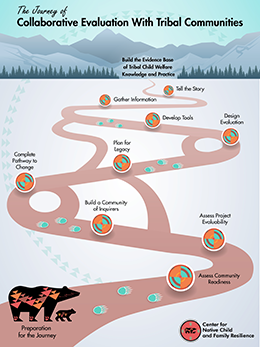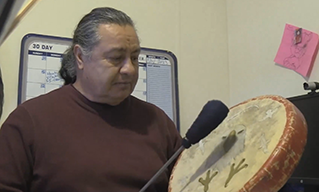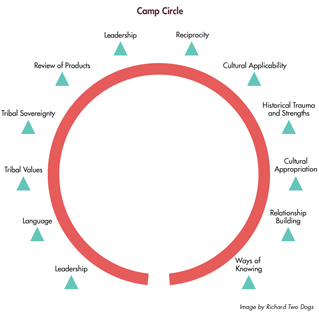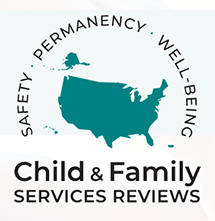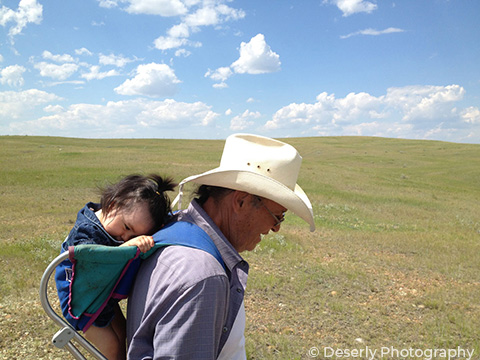
Many prevention models in Indian Country build resilience by using Tribal cultural values, the transmission of family traditions, and the experiences of Tribal youth. Guided by these values, traditions, and experiences, Tribal community initiatives have shown great promise in developing resilience-based models for child abuse prevention. The experiences of Tribal communities suggest that these approaches are often effective in enhancing family resilience and reducing the risks of harm to children and adults—yet rarely have these strategies used collaborative community-based evaluation to demonstrate their effectiveness.
The Center for Native Child and Family Resilience (the Center) supports and enhances resilience-related approaches to Tribal child welfare by developing evidence-based standards of care. The Center embraces the unique opportunity to honor these valiant community efforts that improve Native family resilience and to help empower Tribal communities of care by using culturally engaged, community based evaluation models to demonstrate the effectiveness of these efforts and disseminate Native solutions to the field.


